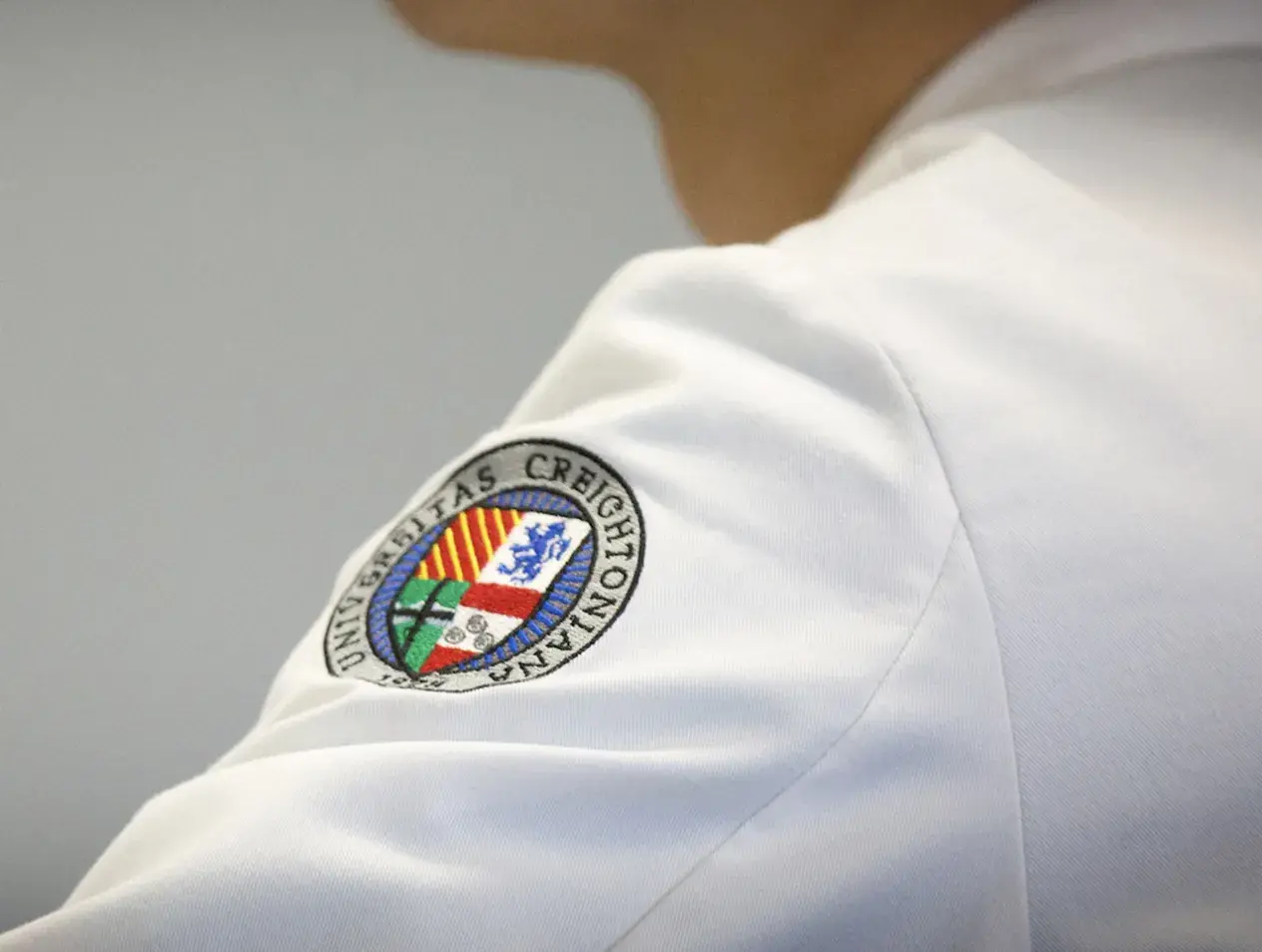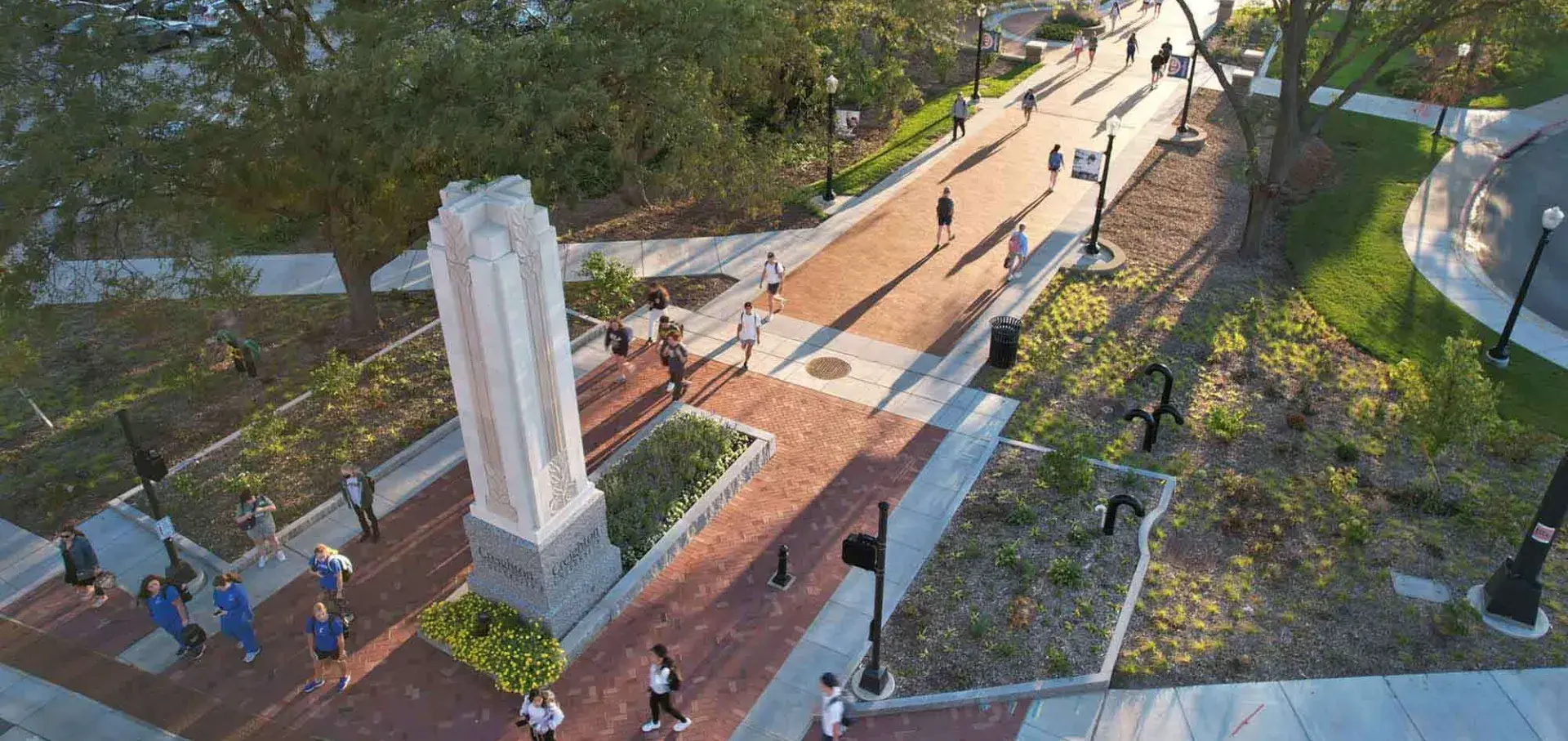
Family Medicine Clinical Services

What makes family medicine unique? After all, cardiologists take care of hearts, pulmonologists take care of lungs and surgeons perform operations.
But what do family physicians specialize in?
Quite simply, family physicians specialize in the “big picture.” Rather than focusing on a single organ system or a single disease, family physicians care for the patient as an individual. Studies have shown that family physicians personally manage 90% of all healthcare problems patients bring to a doctor’s office. The other 10% of conditions, family physicians treat in concert with other medical specialists.
Family physicians can also be described as personal physicians. In addition to addressing medical concerns, personal physicians serve as patient advocates, assuring that individual patient needs are met in a sometimes fragmented and confusing healthcare environment. Family physicians ensure that consultations will be obtained in a timely fashion and that patient concerns are addressed.
Family physicians are trained to deliver care that is comprehensive, focusing on prevention as well as treatment. As healthcare costs skyrocket, family physicians provide care that is evidence-based and timely, assuring that the patient’s care is not only high quality, but also cost effective.
Family physicians are very much a part of the greater community. Family physicians understand that concerns for a patient’s health and well-being do not end when the patient leaves the office. Rather, family physicians consider the patient’s family, work and social environment when providing care.
Currently, much is being written in the medical and lay literature about the concept of a medical home. This principle states that if each patient had a single source of coordinated care, healthcare outcomes could be improved substantially. This new proposal of a medical home is based upon the same principles that have always constituted the bedrock for family medicine. Providing community-based, comprehensive, cost-effective care that focuses on both treatment and prevention have been principles that have always defined family medicine. More recently, family physicians have also been called upon to provide leadership within their individual communities, especially in the areas of public health, safety and disaster preparedness.
At the beginning of the 20th century, most doctors were family physicians. As medicine became more specialized, the number of medical graduates entering the field of family medicine diminished.
Now, a hundred years later, family medicine is once again attracting some of the best and brightest new physicians. These young doctors are dedicated to providing the sort of personalized care that is the hallmark of family medicine. It is indeed gratifying to see the impact that these young men and women are having on the delivery of healthcare in our nation and our communities. They stand ready to serve their patients with the sort of personalized care that all of us deserve.





